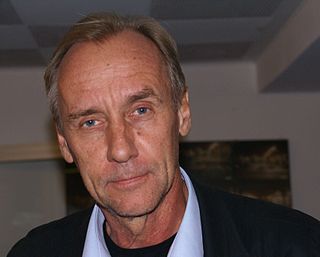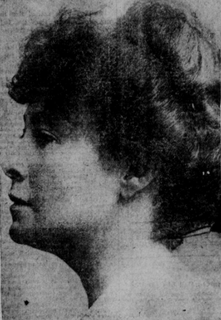A Quote by Pierre Corneille
Related Quotes
The best crime stories are always about the crime and its consequences - you know, 'Crime And Punishment' is the classic. Where you have the crime, and its consequences are the story, but considering the crime and the consequences makes you think about the society in which the crime takes place, if you see what I mean.
I guess the thing I would say most fervently is that your original impulse to write something is an impulse you should trust, and that if it doesn't work on the first draft, which it hardly ever does, the commitment to revising ought to be something you embrace really early. And to revise and revise and revise.
Once I got interested in organized crime, and, specifically, Jewish organized crime, I got very interested in it. I have learned that, like my narrator Hannah, I'm a crime writer in my own peculiar way. Crime with a capital "C" is the subject that I'm stuck with - even Sway is about "crime" in a certain way. The nice thing about crime is that it enables you to deal with some big questioO





































